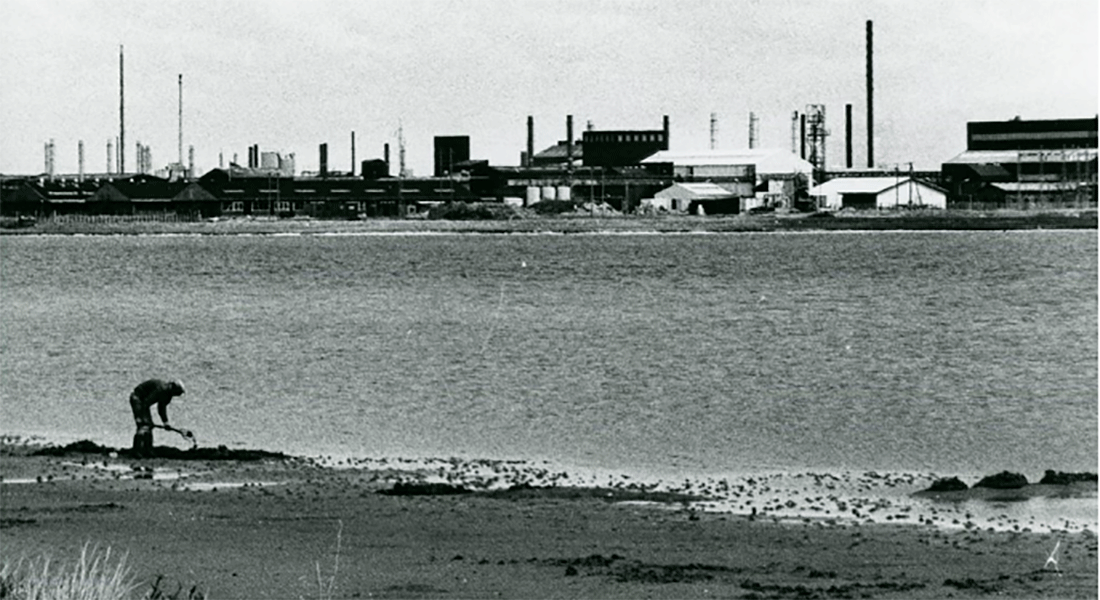Pollution: legal, historical and literary perspectives
This event is held in Danish.
(Forurening i velfærdsstaten: Juridiske, historiske og litterære perspektiver)
Panel discussion between author Liv Nimand Duvå, environmental historian Sebastian Lundsteen Nielsen from UCPH, and environmental lawyer Bent Ole Gram Mortensen from SDU. Professor of History Niklas Olsen will moderate the conversation.

In recent years, industrial environmental damage has dominated the news and political debate. The Nordic Waste scandal, pollution from agriculture and pollution from the chemical company Cheminova at Harboøre Tange have made headlines.
This panel conversation establishes a dialog between different disciplines to provide a different perspective on pollution than the one that dominates in Parliament and the public debate.
The conversation is based on the question of how pollution is understood and addressed in literature, history and law. We will discuss the significance of the Danish society's structure and self-understanding as a “welfare state” for the environmental policy pursued and for the population's different experiences of pollution.
About the event series
The Narratives and the Politics of Toxic Ecologies
This autumn, the Center for Applied Ecological Thinking invites you to a series of four public events on toxic ecologies, in which we’ll explore different ways of narrating and experiencing waste, pollution and contamination, and discuss the political dimensions of toxification and of the resistance to it.
From PFAS to microplastics, from carbon to chemical byproducts, the world is increasingly wrapped in the scraps of industrial capitalism. Toxicity not only insinuates landscapes, ecosystems, water, air and bodies; it also affects imaginaries, psychologies and meanings. Contamination is distributed unequally, giving rise to environmental injustices. It creates social and ecological costs but also it is often the result of shifted or displaced economic costs: from private companies onto human and non-human bodies.
Public regulation struggles to contain, manage and remediate toxic sites and widespread pollution. The relative invisibility of contamination and its complex bio-chemical interactions with organisms often prevent democratic oversight. Yet, it has never been more necessary to augment society’s capacity to understand – in mind and in feelings – toxification and its relationship with industrial modernity, so to work out the narratives and the politics that can help us prevent the world going to waste and support the dire needs for justice, reparation and regeneration.
In this series, though different media and approaches, we will delve into toxic ecologies both in Denmark and elsewhere, to confront the questions of how we know and how we act in a polluted global environment.
